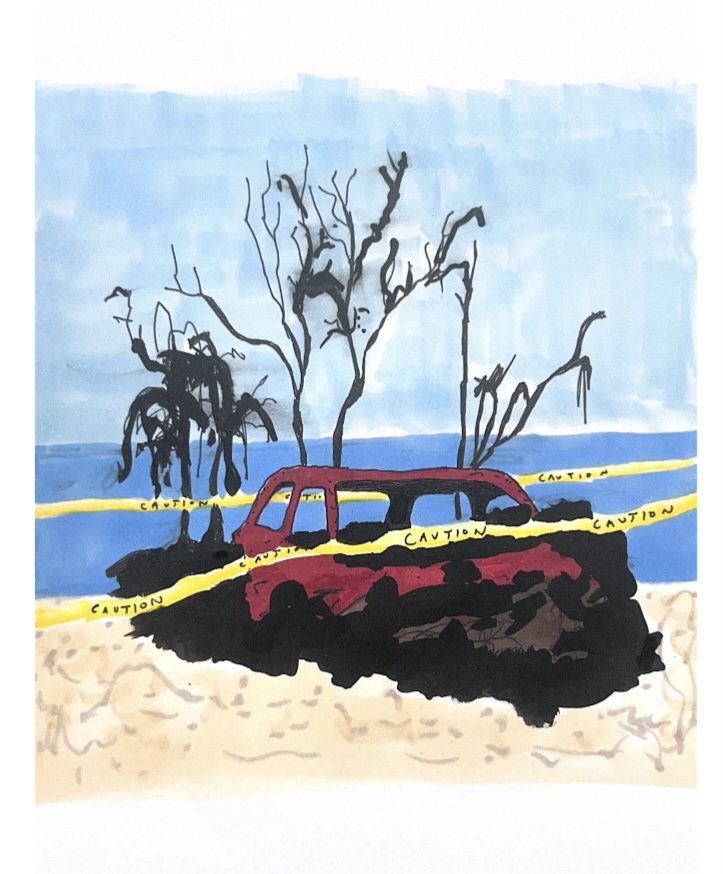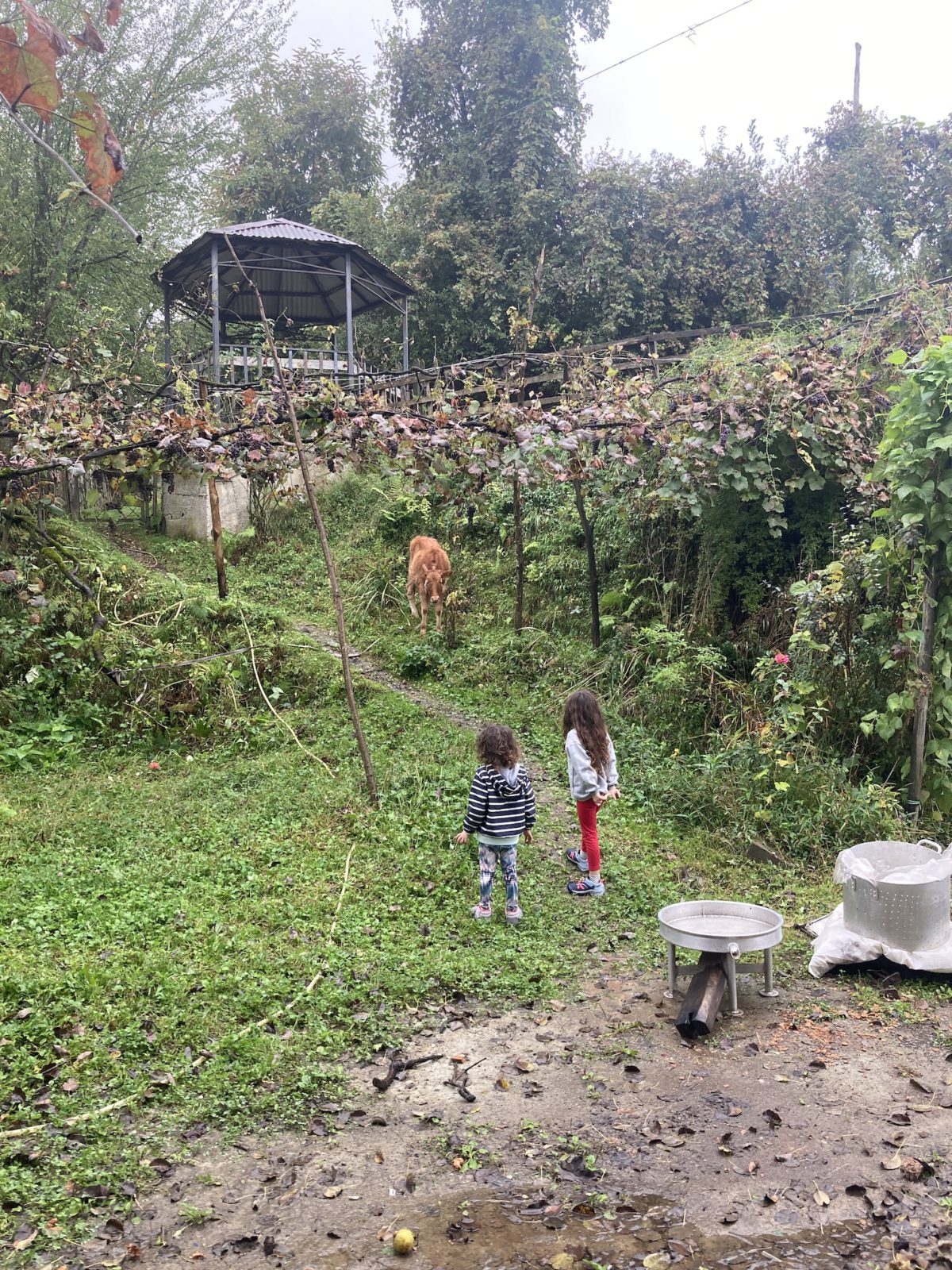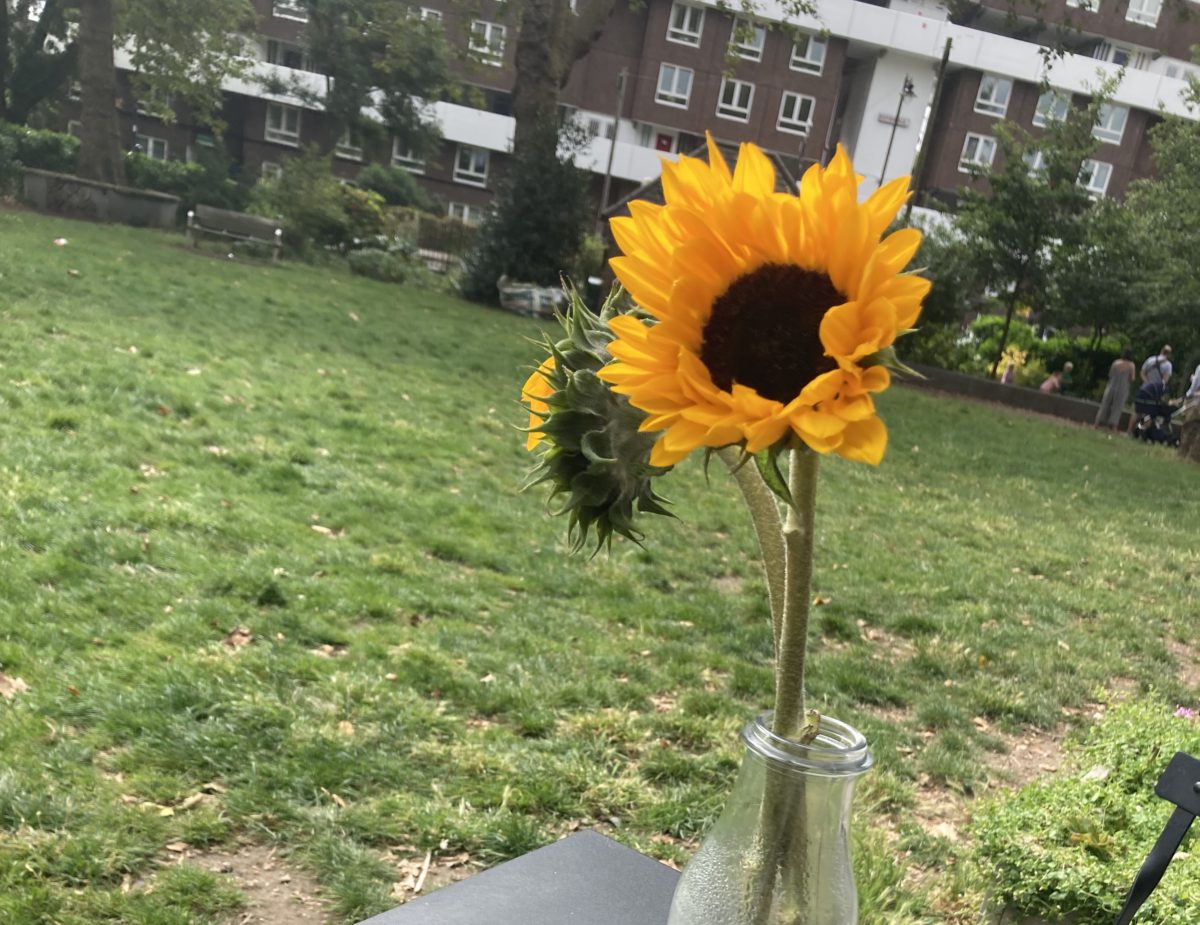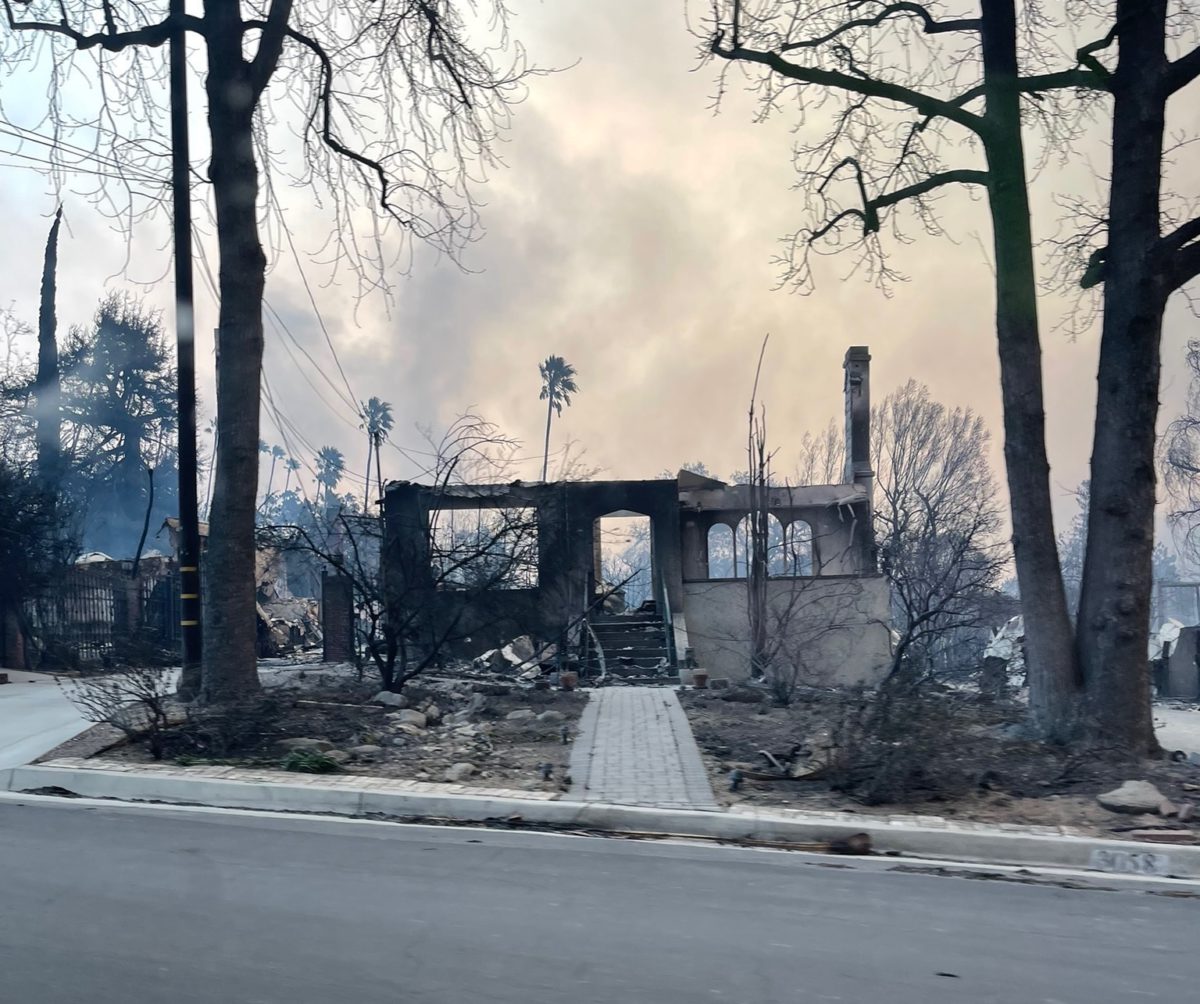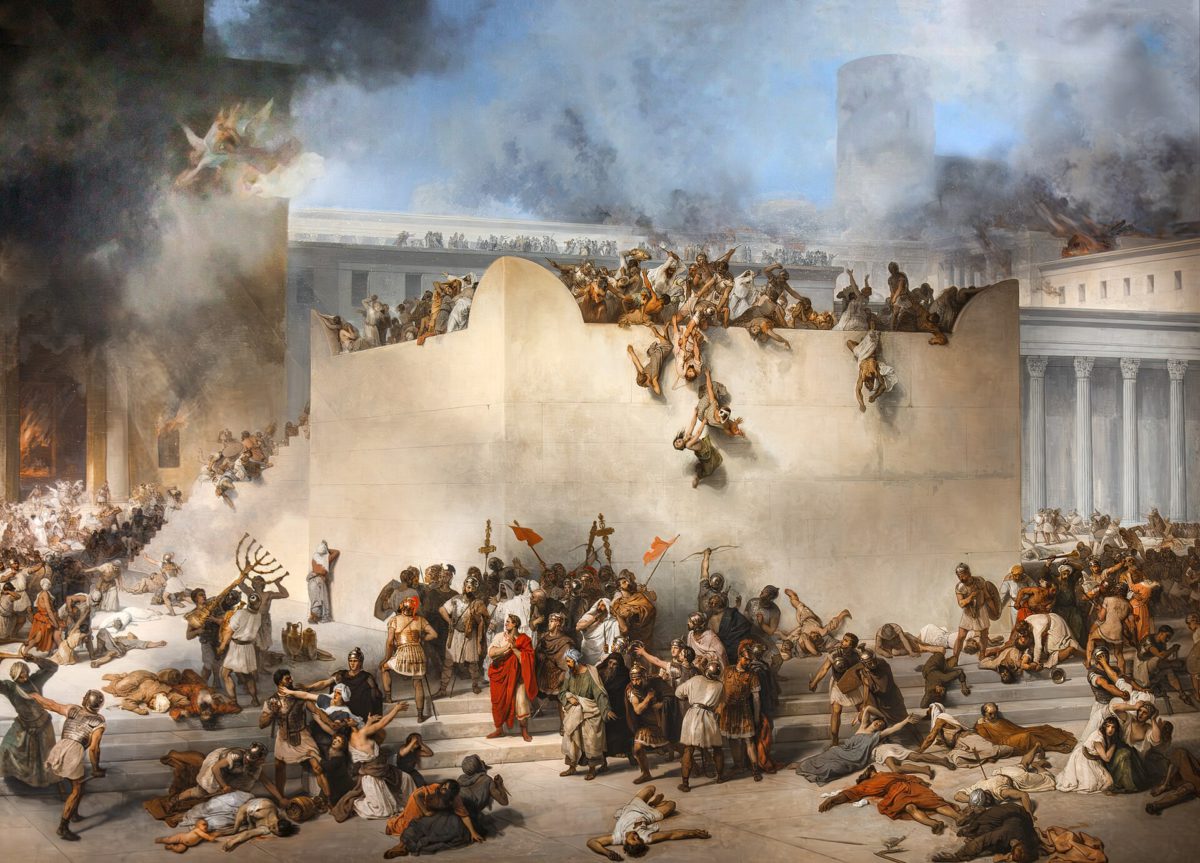
THIS YEAR, WE EXPERIENCED an unprecedented event at the Knesset, the Israeli parliament, just days before Tisha B’Av. One of the most significant fast days of the Jewish calendar, Tisha B’Av—the ninth day of the month of Av—mourns the destruction of the First and Second Temples in Jerusalem as well as a series of other tragedies that have befallen the People of Israel. It is the only twenty-five hour fast that’s observed according to rabbinical rather than biblical edict, and is generally considered the saddest day of the year, commemorating every major historical event that led to the oppression, dispersion, or mass annihilation of Jews.
In Israel, Tisha B’Av usually happens around the time that the Knesset takes its summer recess. And, usually, the two events have little to do with each other. But this year the governing coalition—the most fundamentalist government Israel has ever seen—passed a bill that limited the Supreme Court’s ability to review governmental and ministerial decisions—a direct attack on the state’s fragile democratic fabric. Our society had been upended ever since the so-called judicial overhaul was unveiled in January, which many of us saw as an attempted legislative coup. By July, in the days leading up to the bill’s passing, the political situation in Israel had deteriorated to what many felt was its first existential crisis engendered by internal rather than external forces.
I did not grow up religiously observant. For me, Tisha B’Av had little significance until I moved to Jerusalem, when I began to learn about the deeper meaning the day has for Jews both in Israel and the Diaspora. The loss of the national home combined with the extreme hardships of millennia of exile made for an especially poignant day of reflection. It wasn’t just about losing an edifice. It was about being a people that was repeatedly wronged by greater powers—including those held by our leaders.
On Tisha B’Av, we recall that the reason for the fall of the Second Temple, destroyed by the Romans in 70 CE, 517 years after the first, was not merely the attacks of foreign powers, but Sinat Hinam, or the baseless hatred among Jewish groups. Jews believe that we are collectively responsible for our own fall as a nation. And Tisha B’Av, as a day of mourning, theoretically represents a way of coming back together by repairing our broken relations. As long as we observe Tisha B’Av, we can possibly remind ourselves that our baseless hatreds have continuously weakened us as a people.
Living in Jerusalem for fifteen years has changed my connection to Tisha B’Av. At first, I approached it more or less at face value: as the symbolic loss of our nation’s sense of unity as well as the physical palace where we recognized divinity and its place in our spiritual lives. Later, the more I settled into the city, the stranger it felt to mourn something so present. So I began to focus on the Holocaust, which is an approach practiced by many. Slowly, as I used the evening hours to reflect on the mass annihilation of Europe’s Jews, I cut my fast to midday, especially since fasting as a form of thanksgiving didn’t seem right. I felt actually grateful to call Jerusalem my home. I was mourning a past that felt contrary to the reality before my eyes. I, for one, did not need a Temple to feel connected to the sense of divinity that draws so many people from so many religions to this place.
[Bibi] had done something unimaginably destructive. He’d ruined the nation’s appetite for democracy.
I have never personally identified with most government or security policies, and I have always been aware of how problematic Jewish sovereignty in the Holy Land could be. I’d always voted left and was repeatedly angered by facts on the ground. I also understood that the State of Israel was an existential reality for millions of Jews who, like myself, were born here. And many of us worked as a society toward increased justice and equality among our demographics, both through individual actions and through support for parties that backed liberal policies. As critically-minded individuals, these were the ways we contributed to an open society.
When Benjamin Netanyahu was elected Prime Minister in 2009, I waited patiently—if frustratedly—for the next election, before being disappointed by his reelection in 2013. I waited again and, though encouraged when his government fell only two years later, was ever more embittered when he became Prime Minister in 2015. Then came a criminal indictment and five elections in less than three years, all through which Bibi—as he’s known to Israelis—strengthened every undemocratic element in the Knesset to keep himself in power. He had done something unimaginably destructive. He’d ruined the nation’s appetite for democracy.
By finding all kinds of legal byways and workarounds to use the system against itself, he kept the political echelon under his control, refusing to step down despite being the main obstacle to democratic consensus in the country. He repeatedly sided with power over social concern, and like all leaders who emphasize personal gain over the collective good, incited a level of baseless hatred that has reached biblical proportions. This year, as the Knesset debated the bill that would endow the executive branch with near-unchecked power, and as tens of thousands of people formed a human chain from the Western Wall to the Knesset, the sense was that we were barreling, in the lead up to Tisha B’Av, toward a destruction unlike anything seen for generations—and one which we would have no one to blame but our own people.
As this year’s Tisha B’Av approached, I thought about how I would frame my observance. But I also experienced an unusual sense of resentment, which led me to one facet of the historical story of the Second Temple’s destruction that I hadn’t singled out before: the anger that people must have felt at the nation’s leaders, whose baseless hatred drove them to so much destruction and loss. The idea that I was supposed to mourn the loss of something that had been destroyed by people who claimed to have my own good in mind—but who were actually causing irreparable harm to the society in which I lived—was driving me mad. Powerful people were dictating our lives and we were supposed to mourn the results of actions by people just like them?
I sat with this anger for a number of days. I knew that anger was only a small step away from hatred—that the governing coalition’s methods were succeeding in fanning the flames of destruction within myself—but I couldn’t help it. It happened to be my wife’s birthday, so I took her and our little girls to Bethlehem of the Galilee, a German Templer colony that was established in the early 20th century and that became a Nazi-pit in the early 1930s. The village was depopulated by the British during the outbreak of the Second World War and repopulated by Jews after the first Arab-Israeli War ended in 1948. It was in this surreal setting, at a food truck set up outside a Templer building that housed a local family, that I spoke to a woman who’d come from a nearby town to taste the homemade pastries.
She seemed to be suggesting that by having to fight for something that feels so basic, we had somehow lost it already.
As we sat at neighboring tables scattered between the food truck and the Templer house, I lamented the political crisis and suggested that these trucks, which had popped up across the country, functioned as liminal spaces where we could rest from the anger, hatred, and oppressiveness that had seeped into most of the private and public places where we spent our time. She agreed, noting they had become popular when the coronavirus pandemic created demand for outdoor spaces where people could gather. I thought her association likened our national crisis to the outbreak of a deadly disease, contributing to a sense that no place was ultimately safe. She strengthened this impression by adding that, even in her own home, she and her husband were on opposite sides of the issue. “We try not to bring arguments home,” she said, “but it’s hard.” Then, sighing, she added, “What I mostly see around me is that people are very sad.”
She seemed to be suggesting that by having to fight for something that feels so basic, we had somehow lost it already.
I looked at a young couple ordering coffee from the truck and I understood something I had not grasped earlier: that Tisha B’Av was not just about loss, it was about the pain of injustice—the tragedy that accompanies a destruction so great it’s beyond blame. When Jews lost Jerusalem, they experienced the loss of a place that had itself been founded by millennia of injustice and violence—the way of humanity. Jerusalem had always been a city ruled by power, whether by the Israelis, the Jordanians, the British, the Ottomans, the Crusaders, the Mamluks, the Byzantines, the Romans, the Hasmoneans, the Egyptians, the Israelites, or any of the over thirty documented rulers who controlled the city on the hill for the last five thousand years. But no ruling power, including Jews, could claim the city’s special spirit. That belongs to no nation, no ruler, no power—no matter how much Jewish, Christian, Muslim, or any other creed try to call it their own.
My family and I returned from our weekend away to tens of thousands of marchers who had spent four days making their way on foot from Tel Aviv to Jerusalem. The messianic fundamentalists who had brought this coalition into power were nowhere to be seen. But the pluralistic group of people who believed in an open society made the pilgrimage up to Mount Moriah to pray for the peace of the land. Yerushalayim, one of Jerusalem’s over seventy names, is based on a phrase meaning a vision of peace. It’s meant to remind us that peace is ever within reach—if only we open our eyes.

